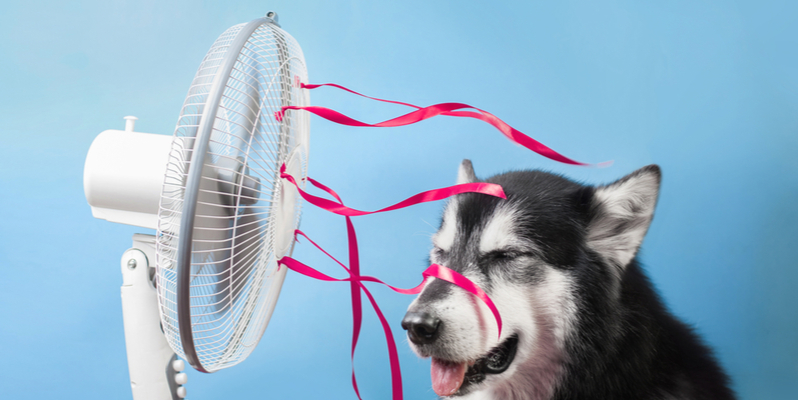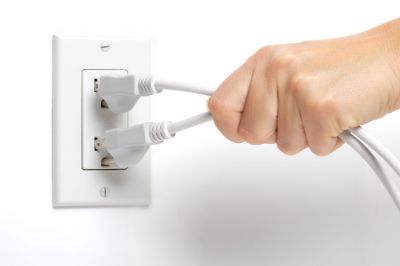
08/06/2022 by Stillorgan Electrical Services 0 Comments
How To Protect Your Pets From Electrical Hazards!
Electricals can be one of the biggest dangers in the home, especially for households
which contain pets who often are left unsupervised and bored when we are out of
the house . These are a few precautions that you can take in order to avoid incidents
between your pet and electrical items in the home and ensure that your pets are
kept safe when at home.
Protect Your Pets From Electrical Hazards!
1) Ensure That You Use Only Good Quality Equipment

When buying items such as power cords, extension cords etc. you should
make sure that they are of good quality prior to purchasing as with cheaper cords
there is a much higher risk of them overheating or creating sparks that could
potentially cause a fire. Cords like these are usually exposed in the house which is
why you don’t want your pets near faulty cords that could cause them injury. There
are even specific types of cords which have a bitter agent in them which will put your
pet off chewing on them.
2) Avoid Leaving Electricals Unattended

It’s very easy to forget to switch off items such as fans, lamps and heaters.
Leaving these items switched on and unattended creates a possible hazard for your
pets. As these items are free standing it’s a possibility that your pet could accidentally
knock one over making them a fire risk. Free-standing heaters also carry the risk of
burning your pet in the event that they were to bump into them as they can become
very hot, so you should be particularly careful with where you place them.
Get your drains cleared today. Call Dublin Drain Cleaning now
3) Try To Keep Cords Out Of Reach Of Pets

It’s a good idea to tie several cords together on items such as televisions and
computers and place them behind them to keep them tucked away and out of reach
of pets.
4) Unplug Cords When You Are Not Using Them

It’s common to leave items that you regularly use, such as televisions, plugged in
overnight but if these items have exposed cords you should unplug them at night
time as there’s a chance that when you are asleep your pet will get to them which
leads to a risk of a fire or electrocution that you would be unaware of.
5) Keep An Area In Your House Free From Electricity
Keeping a small area of the house that is free from power outlets and cords
sectioned off for your pets to roam around in while you are out of the house would
be a good idea if you frequently have to leave the house and your pet is left
unattended. This way you know that they have no way of causing any issues whilst
you are out of the house and can’t keep an eye on them.
6) Train Your Pets
Training your pet that certain areas in the house are off limits is also an option. For
example, you could apply a bitter agent to an area to make cats stay away from it
such as a citrus spray. Also keeping pets out of rooms that may pose more of a risk
than others such as rooms with computers that have lots of different wires. Making
sure that your pets have toys left with them when you are out of the house so they
don’t get bored will also prevent them from chewing on cables etcetera whilst you
are gone.
7) Take Outdoor Electricals Into Consideration
Many pets such as dogs and rabbits often like to dig holes in the garden so it is
important to make sure that they are not digging in areas where there are electrical
cables. Ideally, you should ensure that the cables have been dug deep enough so
that pets can’t reach them.
What do you do if your pet becomes electrocuted?
Even if you are extremely careful it is still always a possibility for an accident to occur.
Reacting as quickly as possible is the best thing to do, remove the electrical object
that is causing the issue to prevent further injury and transport your pet to the
nearest veterinary clinic. We recommend Pete the Vet as Pete is well known as a media veterinarian in Ireland and the UK.

Managing the electricity in your house responsibly is the best way to prevent any
incidents like this from happening.

Comments
Leave a comment